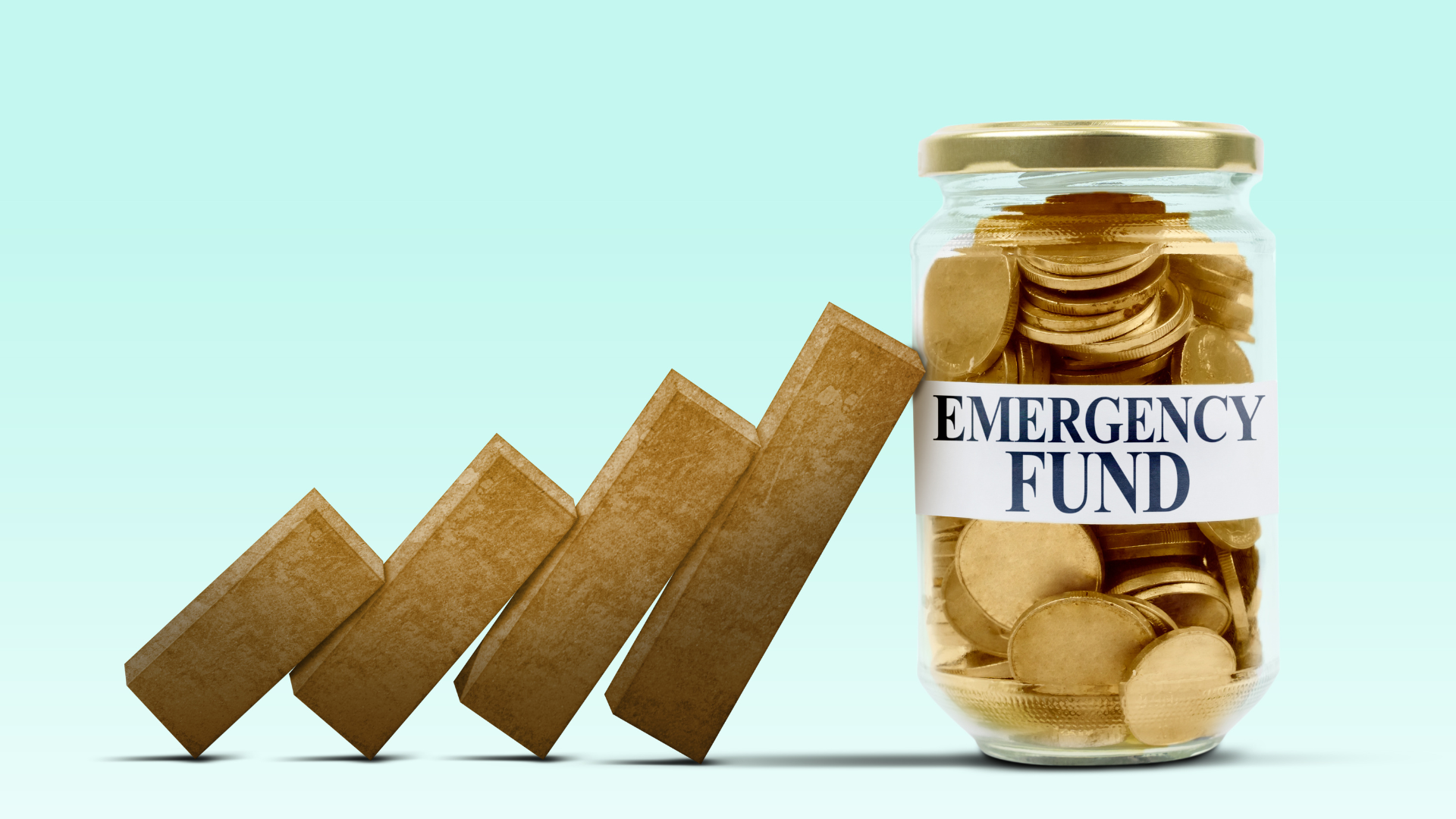When managing debt, especially through a debt review process, it might seem counterintuitive to focus on building an emergency fund. However, having a financial safety net can be crucial for maintaining stability and preventing further debt accumulation. Here’s why an emergency fund is essential, even when you’re managing debt.
- Protect Against Unexpected Expenses
Whether it’s a medical emergency, car repairs, or urgent home maintenance, these unforeseen costs can disrupt your financial plans and potentially lead to more debt if you don’t have a safety net. An emergency fund helps cover these expenses without derailing your debt repayment plan or relying on credit cards.
- Reduce Financial Stress
Financial stress can be overwhelming, especially when you’re already dealing with debt. Knowing that you have a cushion to fall back on provides peace of mind and reduces anxiety. This psychological benefit can help you stay focused on your debt management plan and make better financial decisions.
- Avoid Accumulating Additional Debt
Without an emergency fund, you might find yourself relying on credit cards or loans to cover unexpected costs. This can lead to accumulating more debt, which complicates your financial situation and prolongs the debt review process. By having an emergency fund, you can cover these costs directly and avoid adding to your existing debt.
- Maintain Consistency in Debt Repayments
An emergency fund ensures that you can continue making consistent debt repayments, even when unexpected expenses arise. This consistency is crucial for staying on track with your debt review plan and ultimately achieving financial stability. With Thumamina’s assistance, you can manage your emergency fund and debt repayments effectively.
- Build a Strong Financial Foundation
Once you’ve established your emergency fund, it acts as a foundation for your financial health. It allows you to focus on long-term financial goals, such as saving for retirement or investing, without constantly worrying about immediate financial pressures.
How to Build an Emergency Fund
Start by setting a realistic goal for your emergency fund, typically covering three to six months of living expenses. Begin by saving a small amount regularly and gradually increase it as your financial situation improves. Automate your savings if possible, to ensure consistent contributions. Thumamina can assist you in creating a plan to build your emergency fund while managing debt.
For assistance with your debt review needs, contact us on info@thumaminadebt.co.za or via WhatsApp on 063 365 7443.

